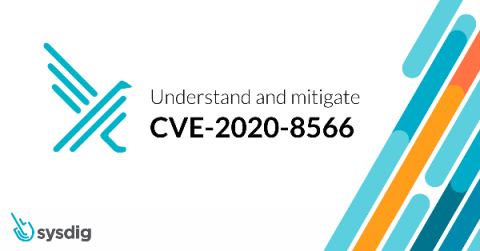Understanding and mitigating CVE-2020-8566: Ceph cluster admin credentials leaks in kube-controller-manager log
While auditing the Kubernetes source code, I recently discovered an issue (CVE-2020-8566) in Kubernetes that may cause sensitive data leakage. You would be affected by CVE-2020-8566 if you created a Kubernetes cluster using ceph cluster as storage class, with logging level set to four or above in kube-controller-manager. In that case, your ceph user credentials will be leaked in the cloud-controller-manager‘s log.









